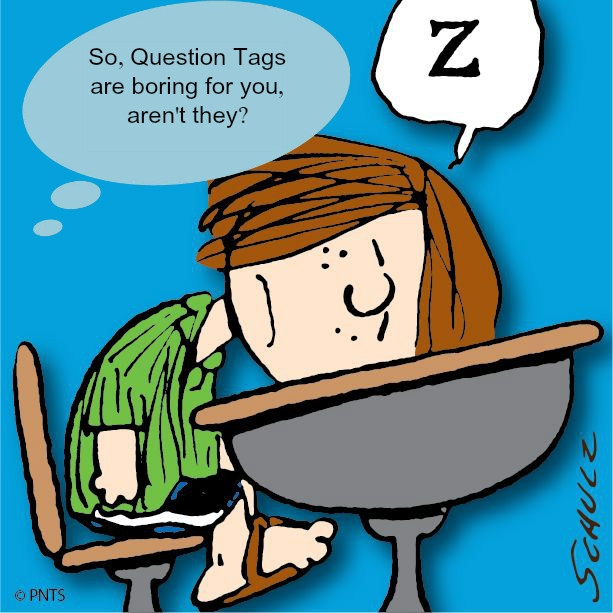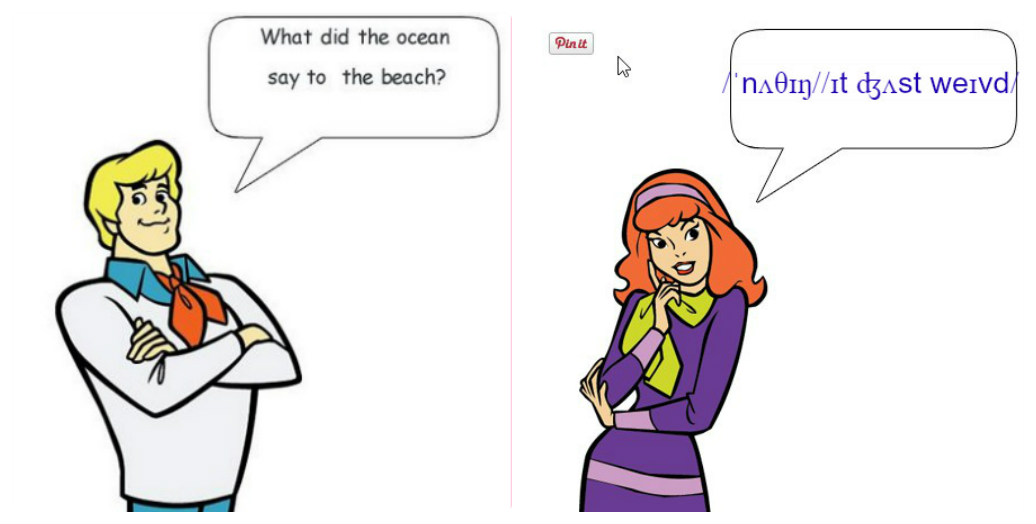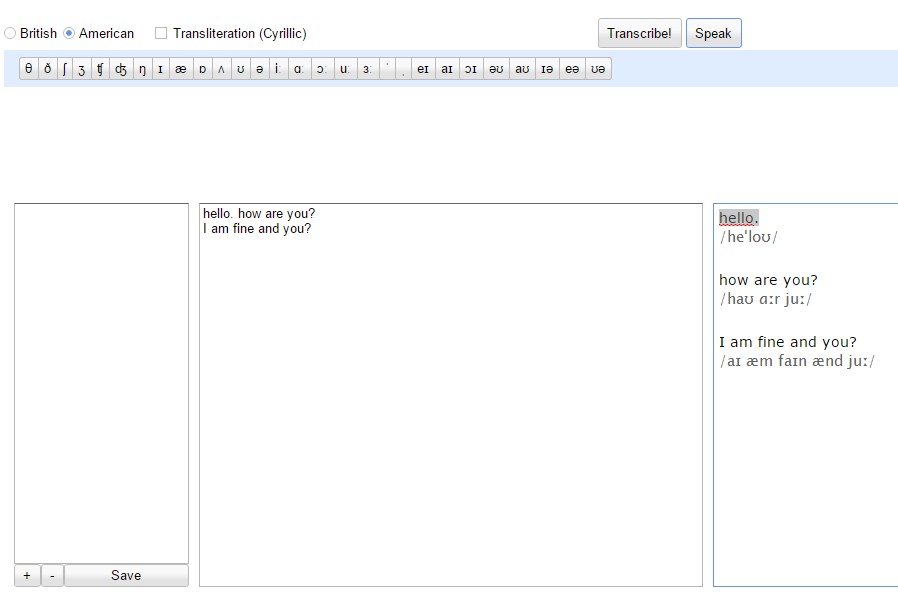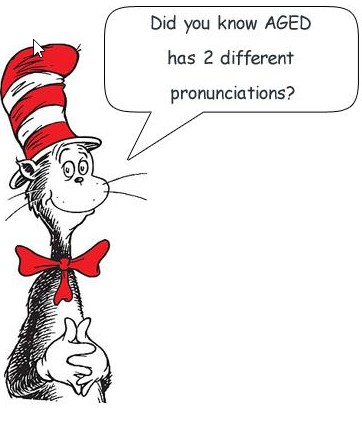Introducing, Understanding and Using Question Tags
I don’t know about you, but I have like 15-20 students per class.  This number suits me fine as it allows me to do plenty of activities which require group work without students feeling the class is too crowded to interfere with academic success. At the same time, this number of students also gives me the chance to get to know my students quite well, even know some personal details about them, which are going to prove useful to introduce question tags in an easy way.
This number suits me fine as it allows me to do plenty of activities which require group work without students feeling the class is too crowded to interfere with academic success. At the same time, this number of students also gives me the chance to get to know my students quite well, even know some personal details about them, which are going to prove useful to introduce question tags in an easy way.
Aim: Introducing , Understanding and Using Questions Tags with a Falling Intonation
Level : B2
STEP1. Introducing. Surprise your students by producing some statements about their lives. Make sure your intonation is falling as we are just checking something we already know.
- Esther, you are a nurse, aren’t you?
- Felix, you have been to France several times, haven’t you?
- Isabel, you spent your childhood in France, didn’t you?
- Laura, you aren’t married, are you?
- Carlos, you don’t work in a bank, do you?
At this stage, students are on tenterhooks waiting for you to say something about each of them so you have all their undivided attention. While I would say the first sentences containing the tags in a normal way, for the last ones I would emphasize the question tag so that they realise something is going on.
Step 2. Understanding. Focus on meaning/form/pronunciation. At this point , some students would have probably asked the question “When do you use them? “Tell them you use question tags with a falling intonation when we are sure of the answer, so the question tag here is not a real question (meaning). With the students‘ help , write some of the previous sentences on the board for students to infer the rules (form). Focus on intonation now, making sure all the students have had a chance to do enough practice before we move on to the next step (pronunciation).
Step 3. Using Question Tags
♥Controlled Practice. Now ask students how much they know about you and ask them, in pairs, to write some facts they think they know about you. Students tend to write positive sentences, so encourage them to write negative ones, too. Once they have written their sentences about you, point to the board where hopefully the rules will still be displayed and ask them to write the question tag .
Stundents take it in turns to read their sentences aloud asking for confirmation (gently correct if necessary) and the teacher answers accordingly.
- Cristina, you worked in EOI La Felguera some years ago, didn’t you? Yes, I did.
- Cristina, you don’t eat meat, do you? No, I don’t. I’m a pescatarian.
At this stage, it is important to teach students how you answer to a question Tag.
If you answer Yes, do not use contracted forms.
If you use No, contracted forms are possible.
- Yes, he is.
- No, he is not./ No, he isn’t/ No, he‘s not
♥Freer Practice. Students, individually now, write five facts they think they know about their partner using question tags. Allow 5 minutes for this step helping students with vocabulary and questions tags. Students carry out the speaking task in pairs. The teacher monitors, promts and corrects gently.
Question Tags Grammar Handout here. (black and white version here)






 This number suits me fine as it allows me to do plenty of activities which require group work without students feeling the class is too crowded to interfere with academic success. At the same time, this number of students also gives me the chance to get to know my students quite well, even know some personal details about them, which are going to prove useful to introduce question tags in an easy way.
This number suits me fine as it allows me to do plenty of activities which require group work without students feeling the class is too crowded to interfere with academic success. At the same time, this number of students also gives me the chance to get to know my students quite well, even know some personal details about them, which are going to prove useful to introduce question tags in an easy way.

